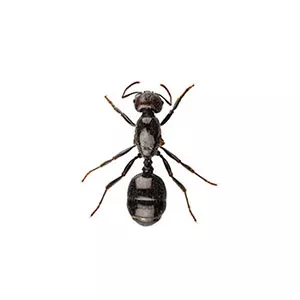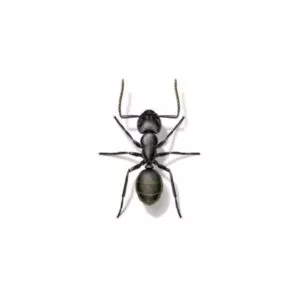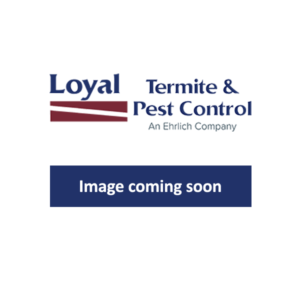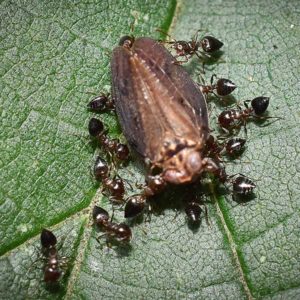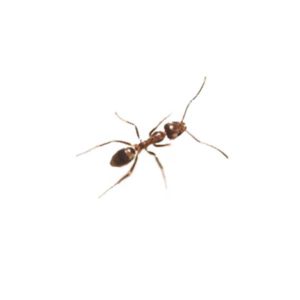Little Black Ants in Central and Eastern Virginia
The little black ant is a common structural pest in Virginia. Little black ant infestations are not typically the result of indoor colonies. Usually, the ants are nesting outdoors and make their way inside homes or structures to forage for food. Omnivores, little black ants eat both plant and animal foods. They feed on all types of foods including sweets, meats, grease, insects, and even feed on bird feces. Persistent pests, little black ants can be difficult to eradicate.
Little Black Ant Habitat
Common in wooded areas, little black ant infestations start outdoors and can be traced back to a stump, tree, log, fence, or pile of lumber or bricks. Indoors, little black ant colonies will nest in voids of walls and cabinets, as well as, within and behind foundations and brick or stone veneer. These ants also nest in landscape mulch and under stones. At high populations, little black ants may spread throughout a structure, invading nearly every crack and crevice.
Little Black Ant Behaviors, Threats, or Dangers
Although little black ants have a stinger, it is generally too small to do any damage. However, they can become a considerable annoyance when they invade a home in large numbers. They are small bullies and have been known to eliminate small red imported fire ant colonies. While they prefer to nest outdoors, their small size allows them to gain access under windowsills, beneath carpets and floorboards, and any crevice Inside your house. If a little black ant infestation is suspected, it is recommended to consult a licensed ant exterminator.
Need help with Little Black Ants?
Get started with a FREE quote!

